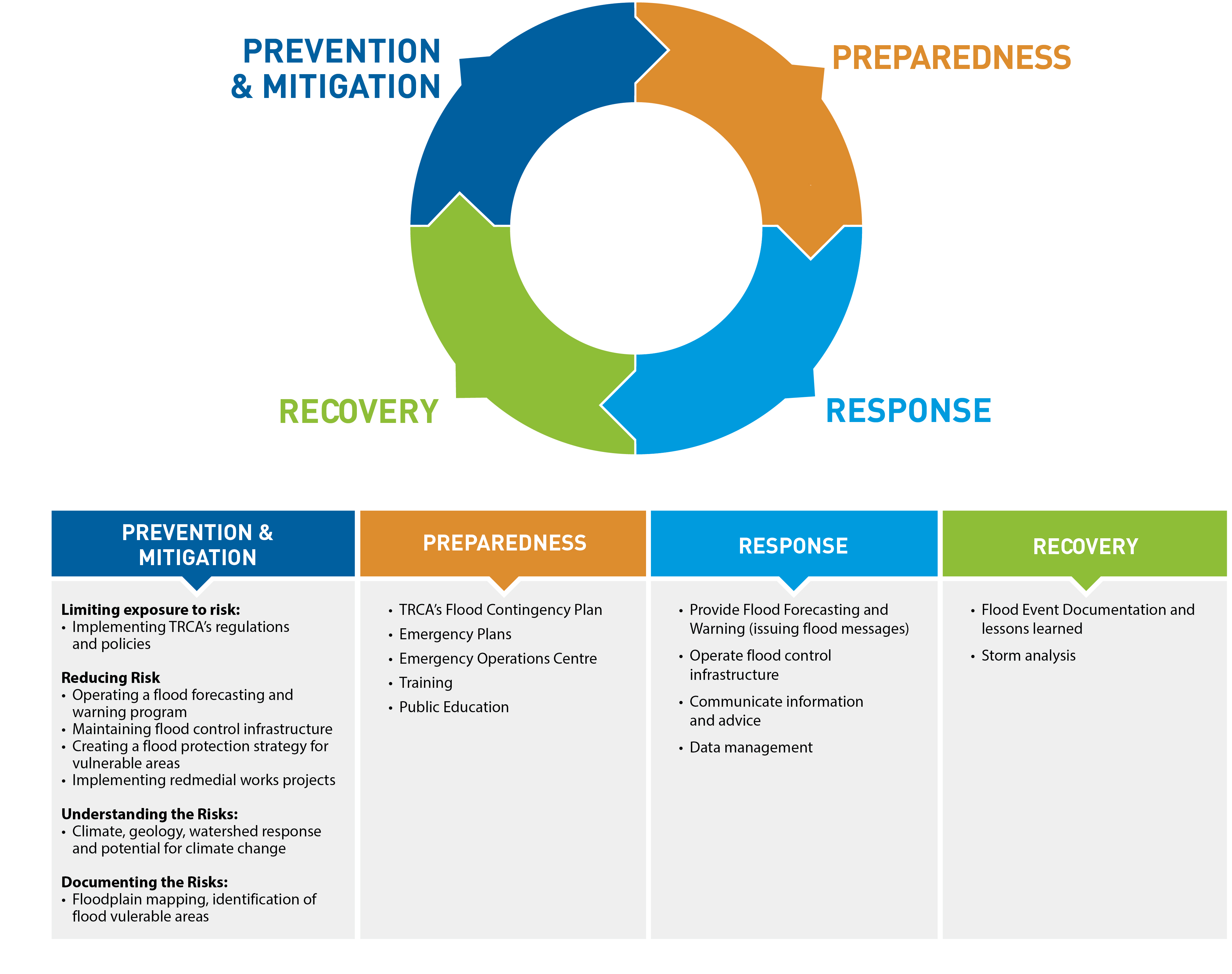
Together they sought to ‘abstract information away from its physical substrate’ (109) in the quest to develop an analytic machine.

One of the most moving of the stories he tells is that of Ada Byron King, Countess of Lovelace, who worked with Charles Babbage. The early chapters of reflection on messaging and categorization move into heroic biography: Gleick is fascinated by the individuals who invented the tools. He is looking back from the perspective of the successful tools of an information technology to examine the evolution of such tools. The premise is now clear, and the reader knows that Gleick is not telling the natural history of an idea, rather, he is showing where the technology and theories we use today have come from.

Gleick treats this journey as inevitable linear progression, the goal of which is to unite logic and mathematics (39).

What we take, according to the author, is a journey from things to words, from words to categories, and from categories to metaphor and logic. Dictionaries and logarithmic tables become fascinating illustrations of human ingenuity. For the first third of the book: from drums and cave paintings to the use of the telegraph, each of the tools used to transmit information is examined both in its function and as an abstraction, or expression of a theoretical approach to information. These chapters raise some of the essential issues: how are messages transmitted with accuracy? Does writing change the way we think? How does language structure experience? Yet within these chapters the central dilemma of Gleick’s work rumbles like thunder in the background: information is not knowledge.Īdmirably, Gleick distills huge swaths of intellectual history to serve his theme, and he is witty as well as thorough as he does so. Initially we move from African drums to literacy and how writing changed our thinking to dictionaries and taxonomies of all kinds.

For many chapters, the reader shares the excitement of discovery, of suddenly coming up over a hill to view a new horizon. James Gleick writes in his Prologue: “We can see now that information is what our world runs on: the blood and the fuel, the vital principle.” He has undertaken his task of writing the natural history of information with an audacious sense of adventure.


 0 kommentar(er)
0 kommentar(er)
